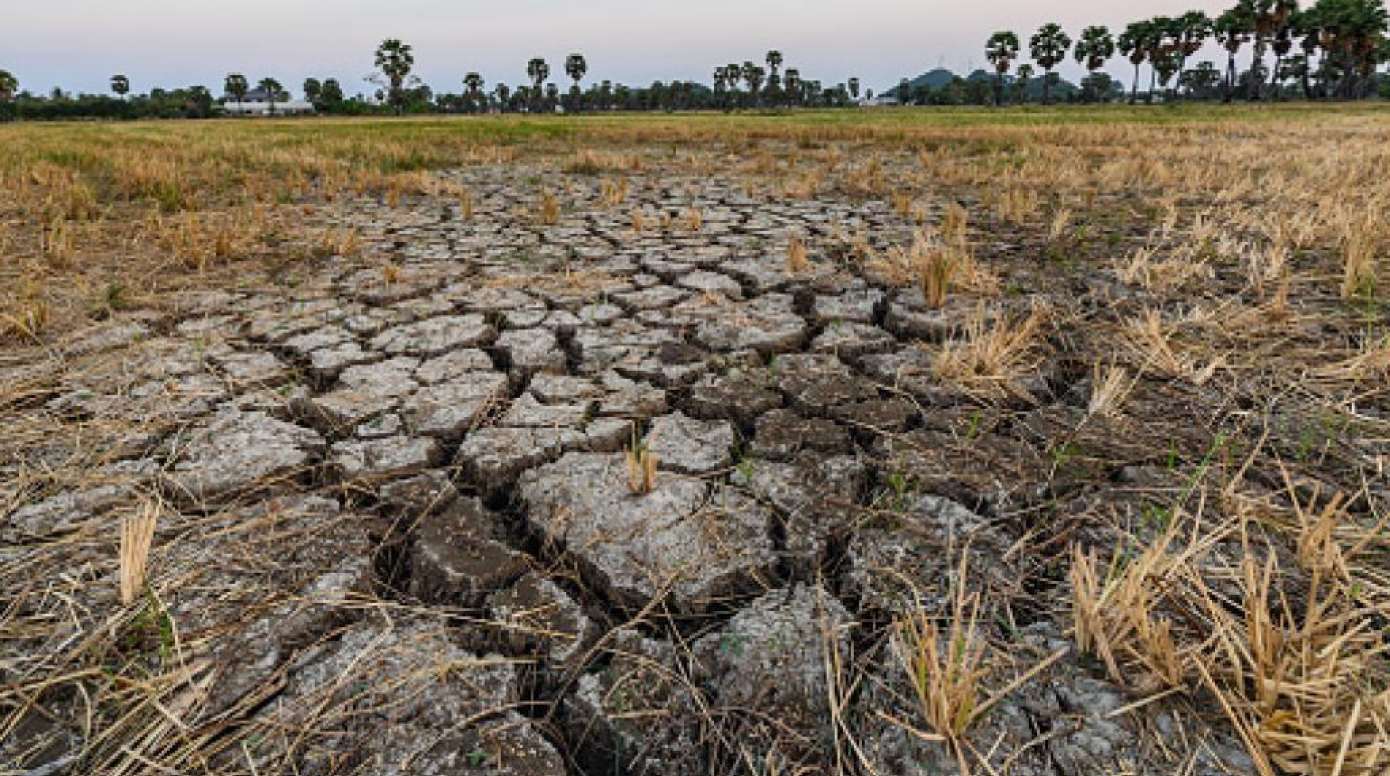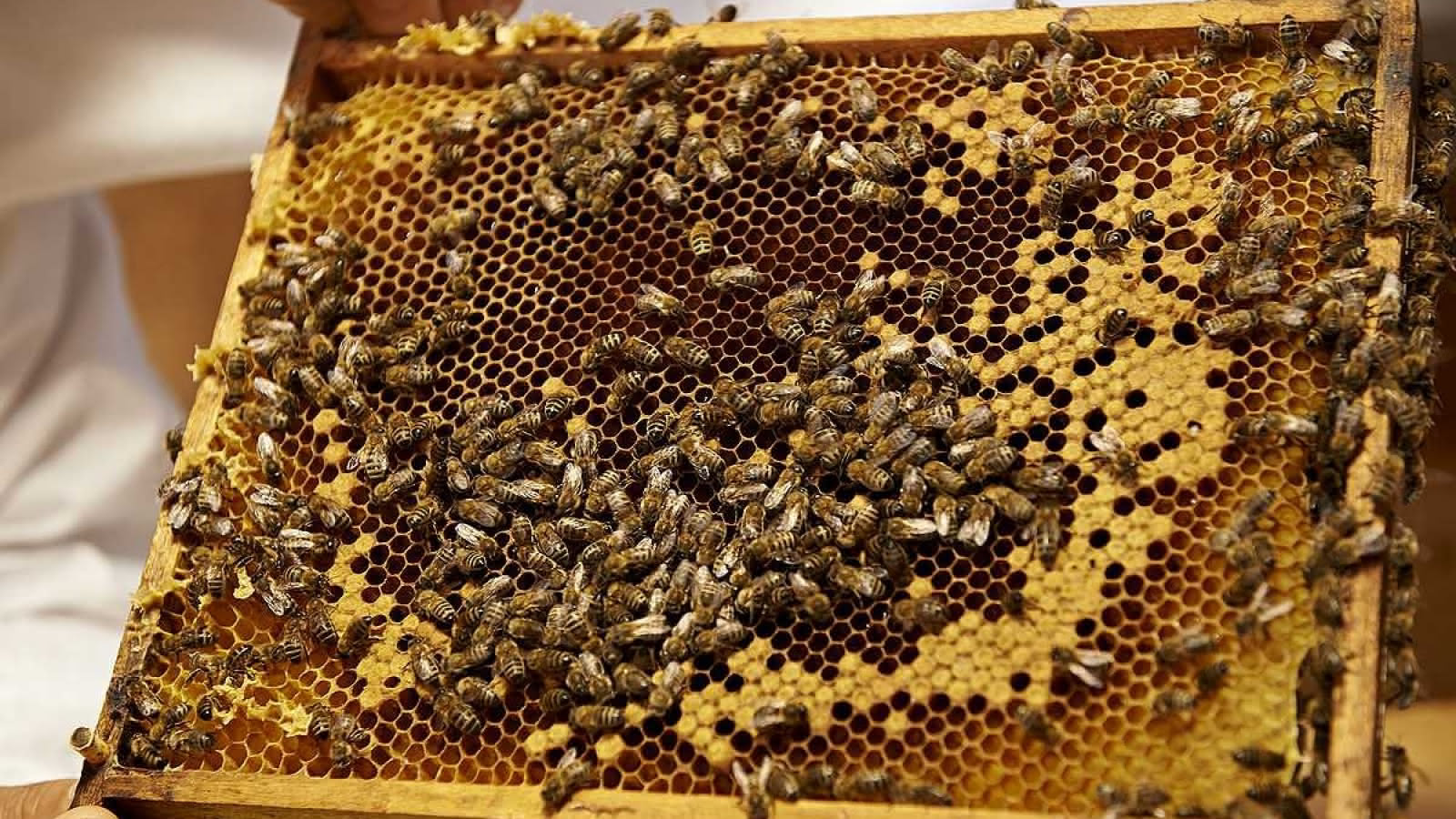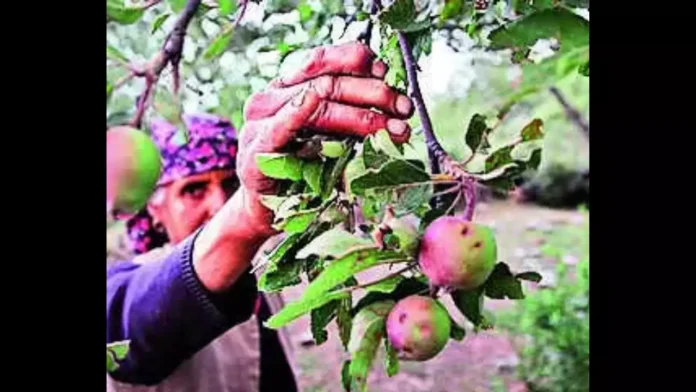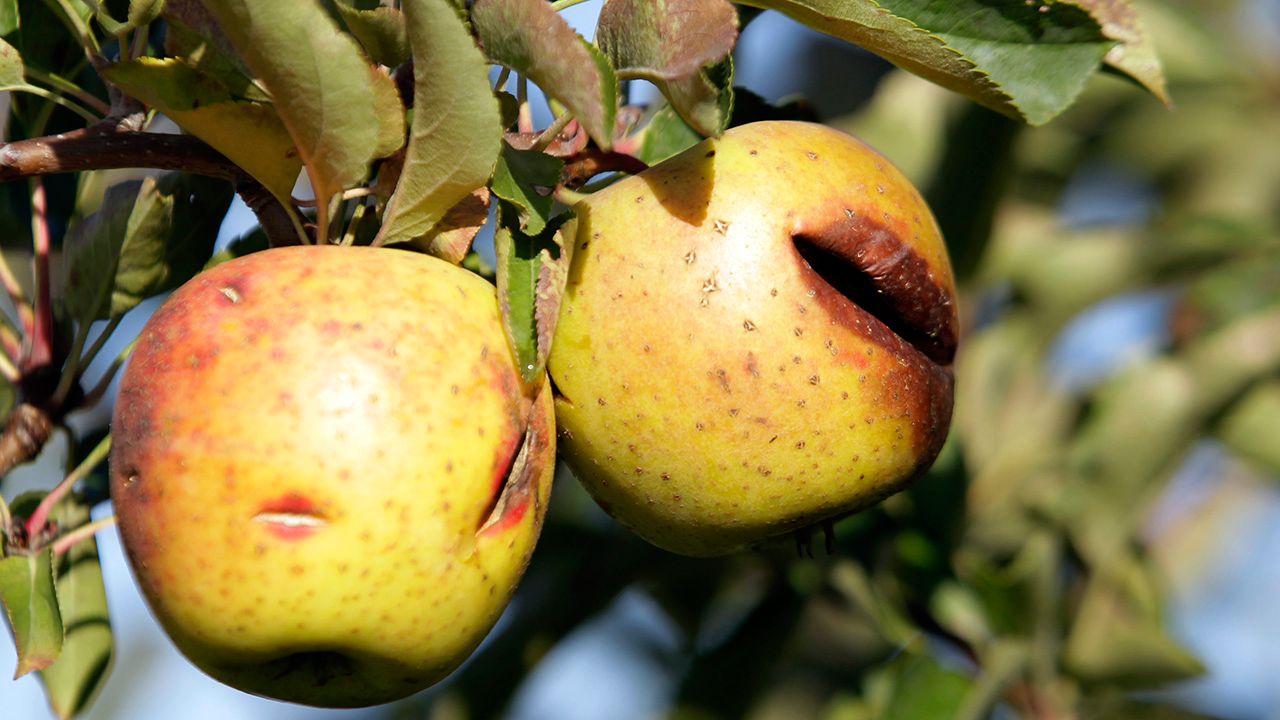Climate Change has emerged as one of the most pressing global issues, impacting every aspect of life, from agriculture to ecosystems. In the hill states of India, such as Uttarakhand and Himachal Pradesh, the effects of Climate Change are being increasingly felt by farmers, especially those who depend on fruit cultivation for their livelihoods. The rise in temperatures, erratic rainfall, and extreme weather events have led to a notable decline in both the quality and quantity of fruit crops. This article delves into why this is happening, what the consequences are, and how stakeholders are working to mitigate the damage.
How Climate Change is Affecting Fruit Production
The agricultural sector, particularly fruit farming in hill regions, is highly sensitive to climate variations. At a recent Consultation Workshop on ‘Climate Resilient Agriculture in India: Opportunities and Challenges’ held in Delhi, farmers and experts discussed the effects of Climate Change on fruit production. Uttarakhand, known for its favorable agro-climatic conditions, has seen a significant decline in fruit yields. According to a study by Climate Trends, fruit cultivation areas have reduced by 54%, and total yields have dropped by 44%.
Key fruits such as mango, litchi, and guava have been severely impacted. Rising temperatures, coupled with irregular rainfall, have exacerbated conditions, causing fruit sunburn, cracking, and increased susceptibility to fungal infections. The shifting weather patterns have also led to pest infestations and disrupted pollinator activity, both of which are crucial for fruit-bearing crops.
Why Climate Change is Causing These Changes
The primary culprit behind these alarming trends is the steady rise in temperatures, a hallmark of Climate Change. Warmer winters and shorter cold spells are detrimental to crops like apples, which require a specific range of chill hours for proper flowering and fruiting. As temperatures rise earlier in the year, it disrupts this process, leading to smaller fruit sizes and a decrease in quality. Farmers are also facing “abnormal expansion” in some fruits, such as mangoes, as a result of these climatic shifts.
Additionally, the increase in extreme weather events like heavy rainfall followed by prolonged droughts has further destabilised the farming ecosystem. Farmers in regions like Uttarakhand and Himachal Pradesh now report higher incidents of fruit drop, particularly in varieties like langra mangoes, as a direct consequence of fluctuating weather conditions. The water stress from less consistent rainfall is also leading to soil degradation, further reducing the fertility and health of the land.

What Farmers Are Experiencing on the Ground
Farmers who have long relied on the consistent weather patterns of the hill states are now facing unprecedented challenges. Deep Belwal, a farmer from Uttarakhand, highlighted that the winters have become harsher and the spring temperatures have risen sharply, impacting the overall fruit production cycle. This has not only reduced the size of fruits but also led to mass fruit drops, particularly in mango and litchi crops.
The direct correlation between Climate Change and crop output is becoming clearer. The increasing temperature and erratic rainfall have not only caused a reduction in yields but have also triggered significant economic losses for the farming community. The ripple effect of this decline in fruit production impacts not just the farmers but the local economy, which relies heavily on agricultural exports.
How the Government and Experts Are Responding
In response to the crisis brought about by Climate Change, both state and central governments, along with agricultural experts, are stepping in to provide support and solutions. Bhawana Joshi, a Senior Entomologist at the State Apiculture Centre, emphasised that diversification is key. The government has started subsidising farmers to cultivate different apple varieties, especially those less affected by the changing climate.

Efforts under central schemes such as the Pradhan Mantri Krishi Sinchayee Yojana (PMKSY) are focusing on water conservation and management, which is vital given the erratic rainfall patterns. Farmers are being encouraged to adopt climate-resilient farming techniques, including high-density orchards and the introduction of low-chill apple and peach varieties. Crops that are more drought-tolerant, such as dragon fruit and kiwi, are also gaining popularity as potential alternatives.
Adapting to Climate Change: What the Future Holds
Despite the significant challenges posed by Climate Change, experts like Vishwa Bandhu Patel, Assistant Director General of Fruit and Plantation Crops at ICAR-IARI, believe that adaptation is possible. Farmers are being trained to make the most of the opportunities presented by shifting climate conditions. For instance, the ability to grow fruits like apples and mangoes during off-seasons, such as September and October, opens up new avenues for profitability.
However, the road to adaptation is not without its hurdles. While some farmers have successfully transitioned to new crops, others continue to struggle with the rapid changes in weather and environmental conditions. The introduction of newer, more resilient crop varieties is promising, but the implementation of these solutions on a large scale will require consistent government support, financial aid, and further technological innovations.
Conclusion: Tackling Climate Change in Agriculture
The impact of Climate Change on fruit production in India’s hill states is a stark reminder of the far-reaching consequences of global warming. While farmers and experts are working to mitigate the damage through diversification, climate-resilient crops, and government initiatives, the challenges are significant. The future of agriculture in these regions will depend on how effectively farmers, governments, and researchers can collaborate to develop sustainable solutions.
In the end, combating Climate Change in agriculture will require long-term strategies that go beyond short-term fixes. As the effects of global warming continue to intensify, it is essential to prioritise climate-resilient agricultural practices, improved water management, and technological advancements that will help farmers weather the storm—both literally and figuratively.


